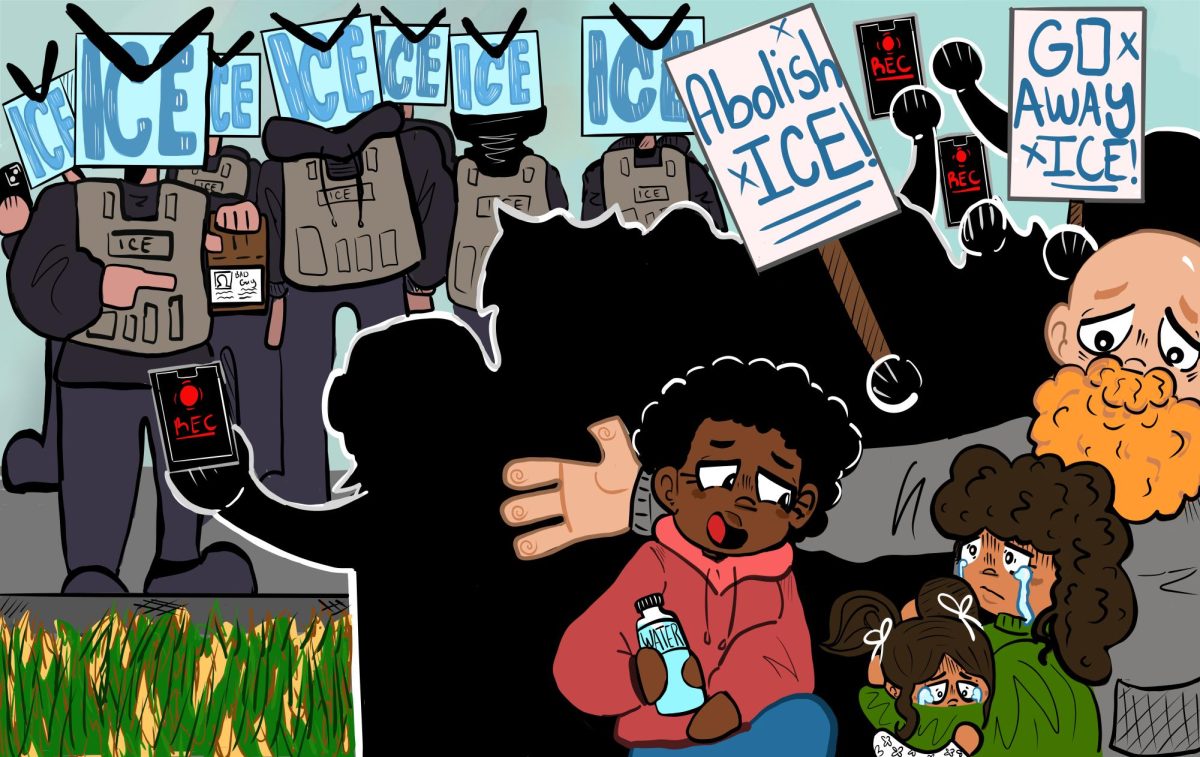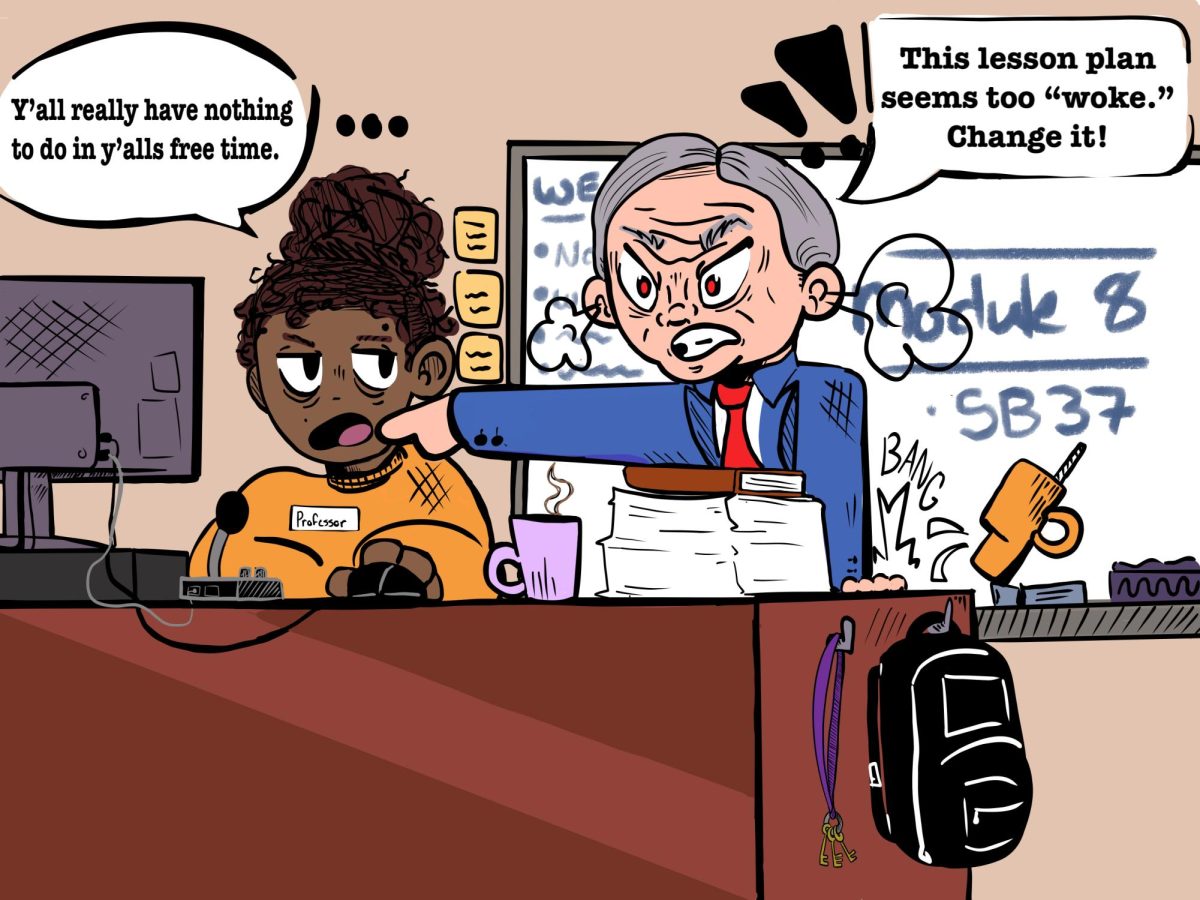As Donald Trump enforces targeted attacks against international students and anti-DEI policies, college students are feeling the impact.
These issues are not only harming the student population but are creating long-term negative consequences for institutions.
There is an increasing fear for international students’ as visas were revoked. According to Inside Higher Ed, over 1,800 students have had their student status changed in the United States.
Five of those students are from TCC, with no reason given as to why their visas were revoked.
As of April 25, the Trump administration has begun to restore the legal status of international students whose visas have been impacted.
However, Trump is known to flip-flop between policies and it’s unreliable how long these reversals may last.
The Trump administration was going after anything from small traffic violations to exercising the right to free speech. But it’s largely unclear as to why visas were revoked, creating fear for international students in the United States and discouraging those abroad from studying here.
Data from the U.S. National Science Foundation shows that foreign students hold more than a third of doctorates in science and engineering at U.S. universities. Many of these students choose to stay here and use their expertise to contribute to American causes.
The decrease in international students studying in the U.S. will take away essential ideas and innovations from American society. It will also impact college life, which thrives on the exploration of different viewpoints.
The rampant goal to kick foreigners out of the country ties in with anti-DEI initiatives. Students are losing impactful resources and experiences as the Trump administration carries on with discriminatory practices rooted in racism.
College students will be missing out if they aren’t able to be exposed to cultures that are different from theirs, and institutions should make a greater effort to do what’s best for their students, including their international students.
The administration is sending a strong message that it can punish its noncitizens in any way it wants to suppress activity against the government. This should raise alarm bells and create pushback from the people, as intellectual progress will be severely impacted.
Secretary of State Marco Rubio was adamant that many international students were disruptive to the flow of academic life even though there is hardly any evidence of this being true.
“We are not going to be importing activists into the United States,” he said in a press conference. “They’re here to study. They’re here to go to class. They’re not here to lead activist movements that are disruptive and undermine our universities. I think it’s lunacy to continue to allow that.”
This kind of rhetoric pins citizens and noncitizens against each other, with noncitizens being considered a threat without any evidence.
America will continue to lose important minds that contribute meaningful resources and ideas if it continues a mass deportation agenda.
As a society, we should acknowledge the injustices taking place as an affront to human rights. It should bother us that the government is being unnecessarily violent against marginalized groups, citizens or not. Many deported non-citizens are taken to prisons lacking ethical practices, which should inspire resistance.
We need to be vocal about why mass deportation is wrong. Not only to protect intellectual progress, but to protect human rights.




































